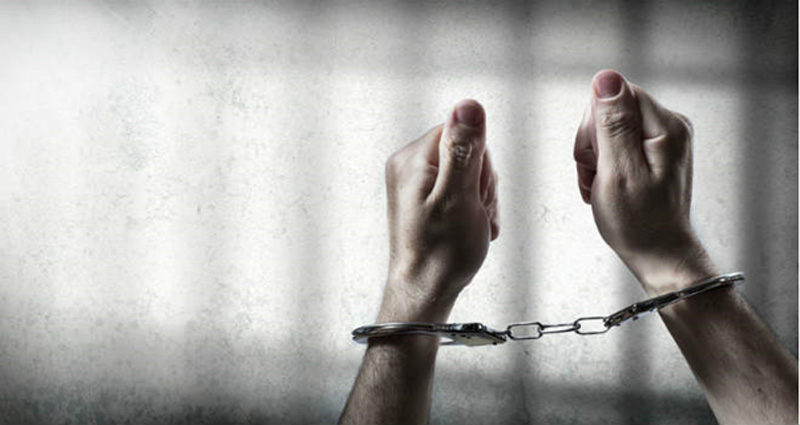Following an arrest, a suspect is remanded to custody to await an arraignment, or initial bail hearing. At that time, a judge will either deny bail or set the amount. The defendant can then pay the bail to the court to secure his or her release from custody until trial. The bail money serves as a guarantee that the defendant will show up for court dates, and in the event that he does not, the bail is forfeited to the court.
Because bail amounts are often set prohibitively high, many defendants turn to a bail bonds West Chester PA service instead of making a direct payment to the court.
How Does a Bail Bond Work?
Bail bonds are a kind of surety bond that is issued by a licensed bail bondsman or bail agent. In order to get a bail bond, the defendant pays a fee to the bondsman that is usually around ten percent of the total bail. In most cases, the bond agent will also require collateral to secure the rest of the amount. Collateral is generally in the form of real property such as a home, land or vehicle that has been paid in full. Some bail agents do offer additional financial options such as payment plans.
What Happens to the Money Paid for a Bail Bond?
The bail bondsman will retain his or her fee for services, regardless of what transpires. The bail bond serves the same function as paying bail to the court. It serves as a type of guarantee that the defendant will fulfill the requirements of his bail. In the event that the defendant does not show up for a trial, the collateral that was put up to the bail bond service will be forfeited. In that event, the bail agent will be required to repay the court for the entire amount of bail on his client’s behalf.










